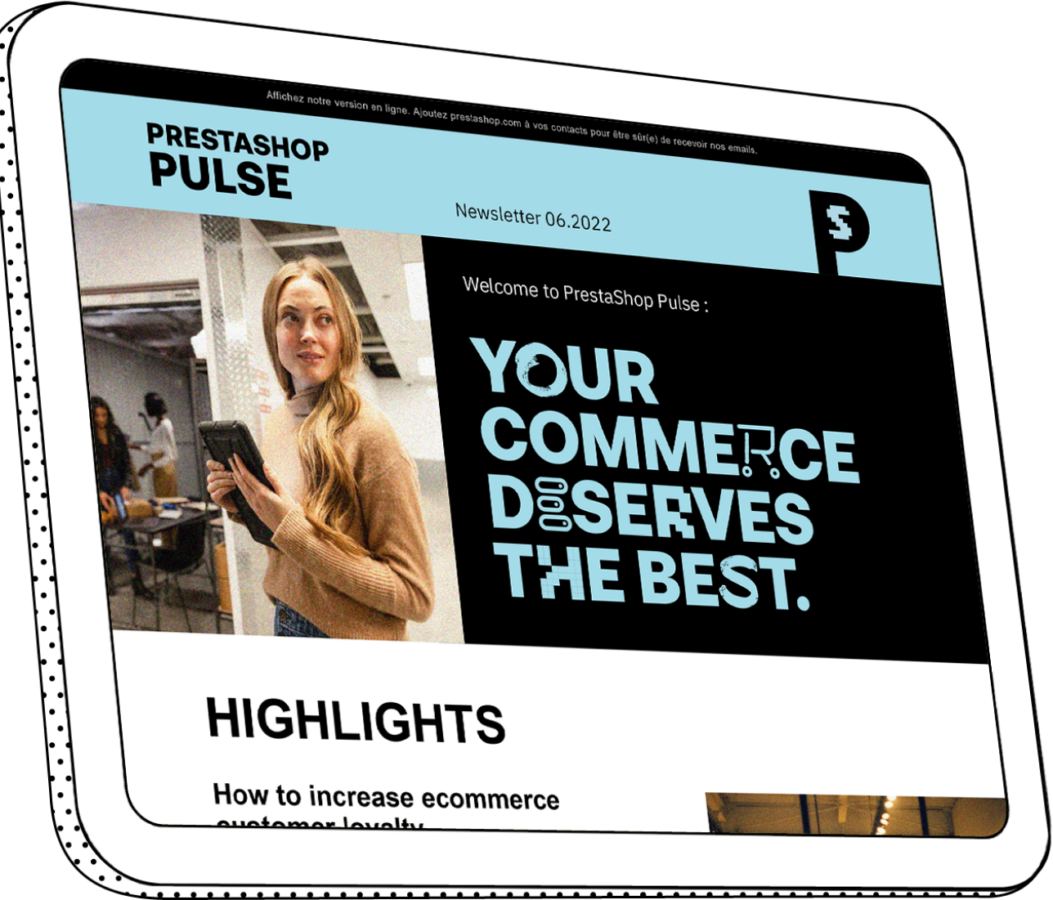
Why and how to sell (or not) your products on Temu and Shein?
The days when large American ecommerce platforms like Amazon reigned supreme over ecommerce seem to be over. This is evidenced by the new heavyweights in this field such as Temu and Shein, which are both low-cost ecommerce platforms from Asia. The unprecedented development of these online platforms and their colossal success are of interest to more and more ecommerce players. Despite huge sales figures, not everything is rosy, to say the least. So should we succumb to the temptation of these marketplaces that promise the moon and the stars...or not?
The ethical and reputational challenges to consider before you launch on Temu and Shein
The bad reputation of these platforms in Europe
Temu and Shein, despite their global popularity, have been criticized for a variety of reasons, including product quality and working conditions in their supply chains.
Shein, in particular, is the epitome of ultra-fast fashion. This term goes beyond the already controversial practices of fast fashion represented by brands such as Zara or H&M. So it is not surprising that Shein is often the target of documentaries and articles that recount deplorable working conditions at their subcontractors.
It goes without saying that this bad reputation can be detrimental to brands that care about their image and their ethical and ecological values.
The conflict between low cost and sustainable development
The low-cost economic model of these ecommerce platforms is in total contradiction with the principles of sustainable development and responsible consumption.
Both Shein and Temu are brands with millions of products and thousands of new products offered every day. Produced mainly in China and shipped worldwide, the GHG emissions of these online commerce giants are therefore substantial.
If your ecommerce has environmental values, selling on Temu or Shein
is certainly not the best choice when it comes to the consistency of your brand image.
You sell quality products with prices set accordingly
Temu and Shein are “super low cost” platforms, and their business model operates on high sales volume at low margins.
You don't need to look any further than Temu's slogan "buy like a billionaire" to be aware of this. From $11 hiking boots to $8 Bluetooth-connected speakers, it's the price that matters much more than the quality.
If your products are positioned in a higher price range, due to their superior quality or ethical manufacturing, these platforms should be avoided.
Reasons why you should sell your products on Temu and Shein?
Optimize your sales strategy for a price-sensitive target audience
At a time when the price factor is becoming a predominant criterion of choice for many consumers, Temu and Shein are positioning themselves as key channels to reach an audience looking for good deals.
If your brand is primarily targeting consumers who are less concerned about the ethical and ecological implications of their purchases and more motivated by the search for low prices, these platforms can serve as a springboard to reach an audience that is keen on good deals.
Expanding your audience beyond young consumers
Contrary to what one might think, Temu and Shein are also distinct in their ability to attract a more mature audience. A Joko study showed that 61% of Temu's French customers are over 40 years old.
In terms of rapid growth, it's hard to do better than Temu and Shein. Only 6 months after its arrival in France in May 2023, Temu saw a 6-fold increase in its turnover and surpassed brands such as Primark and AliExpress.
Maximizing the volume of your sales
Although the margins achieved on Temu and Shein may be lower compared to other distribution channels, the huge volume of traffic generated by these platforms compensates for it.
Therefore, this high-volume dynamic is key to compensating for the reduced margins. Be careful though, having a listing and appropriate logistics is key to enabling your ecommerce to increase its turnover.
Conclusion: weigh the pros and cons before diving in
Selling on Temu and Shein presents both opportunities and challenges. The decision should be carefully considered, taking into account the specificities of your brand, your commercial strategy, and the expectations of your customers. While these ecommerce platforms can offer a new sales channel with significant growth potential, assessing your company's values and long-term goals is crucial before you launch.





